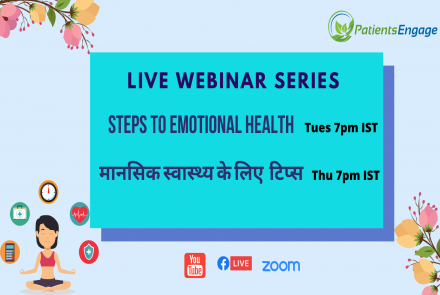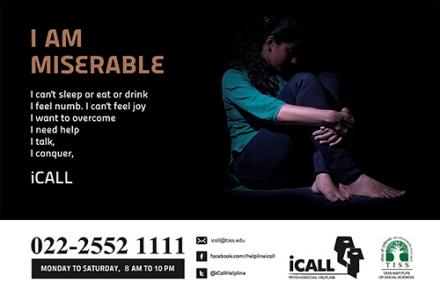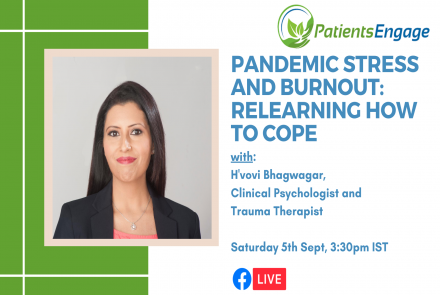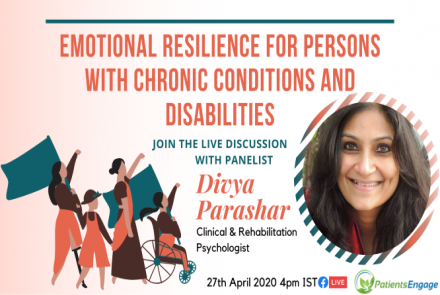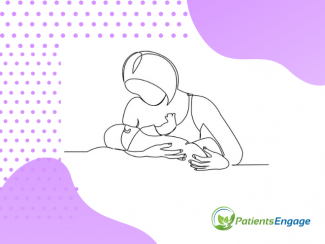
First time mothers are often very stressed about many different things. In one study on Indian women, 70% felt breastfeeding was a challenging experience. We speak to Dr Zinal Unadkat Shah, a Pediatrician and Lactation Consultant from Mumbai on the effect of stress on lactation.
How does stress affect lactation physiologically?
Whenever a woman takes stress, it increases the hormone cortisol in the body. Cortisol levels in turn work on the pituitary gland thereby reducing the hormones prolactin and oxytocin, thus reducing milk supply. Production of milk is hormone-based so stress works negatively to impact both quality and quantity of milk production.
What are some of the factors that can cause stress to a breastfeeding mother?
Stress could be personal, familial, physical, emotional or psychological. Personal could be about dealing with one’s body changes, self-image, or work/home balance. Some women are not able to handle the changes in lifestyle such as reduced social life, restriction on outings, parties etc. Many may not have enough support of their husband or in-laws. Lack of domestic help can be taxing while managing an exclusive breastfeeding schedule. Emotionally, new moms go through a rollercoaster dealing with feelings of happiness, pain, guilt, worry, anxiety or postpartum blues due to the many changes in body and life situations.
A baby’s crying can affect a lot of women psychologically, especially when they are unable to understand cues from the baby and console them right away. It is important to understand that bonding is a gradual process and newborn babies, some more so than others require time to acclimatize to the new world.
Breastfeeding has been my toughest journey
How does stress affect the baby?
Stress can cause emotional disturbances to the baby leading to fussiness, poor sleep quality, colic etc. The mother’s state of mind decidedly affects the baby’s state of mind. In prolonged stress situations, it can lead to inadequate feeding and poor weight gain.
How can stress be alleviated?
Here are some tips that can be useful for new moms:
- Employ more domestic help to do household chores, cooking etc.
- Get enough rest, sleep is most important. Sleep when the baby sleeps.
- Eat well; have food which satisfies you and makes you happy
- Have lots of fluids.
- Listen to music.
- Go for walks.
- Talk to the baby.
- Give skin-to-skin contact to baby, cuddle up more.
- Do not try to do everything by yourself, learn to delegate.
- Make sure to read accurate information from approved sources.
- Be around positive, supportive and motivating people.
- Try to be mentally calm.
- Discuss your worries with your husband, friends or family members.
- Get professional help if required.
Benefits of Breastfeeding - A reminder
How can the father help?
Father is biggest support system! In fact, paternity leave should be made compulsory.
The father can help the mother feel happy, content and emotionally stable. He can help her manage the house and provide babycare by giving the baby his/her bath, massage and skin-to-skin contact by cuddling. He can also burp the baby, change diapers and put him/her to sleep. All this also aids in bonding since fathers cannot breastfeed.
Post Partum Depression Can Affect Fathers Too
Can prolonged stress lead to other mental health issues such as postpartum depression, anxiety etc?
Yes, it's all related. One thing leads to other and prolonged stress can cause post-partum anxiety and in some cases depression leading the mother to have unnecessary medications, counseling, disrupting breastfeeding and her journey to a happy and joyful motherhood.
Dr Zinal Unadkat Shah is a Pediatrician and dedicated Lactation Consultant from Mumbai. She thrives to make the breastfeeding journey a happy one for every mother. She conducts workshops for BPNI Maharashtra and UNICEF to promote, protect and support breastfeeding.
Reference: 70% of Indian women find breastfeeding challenging



